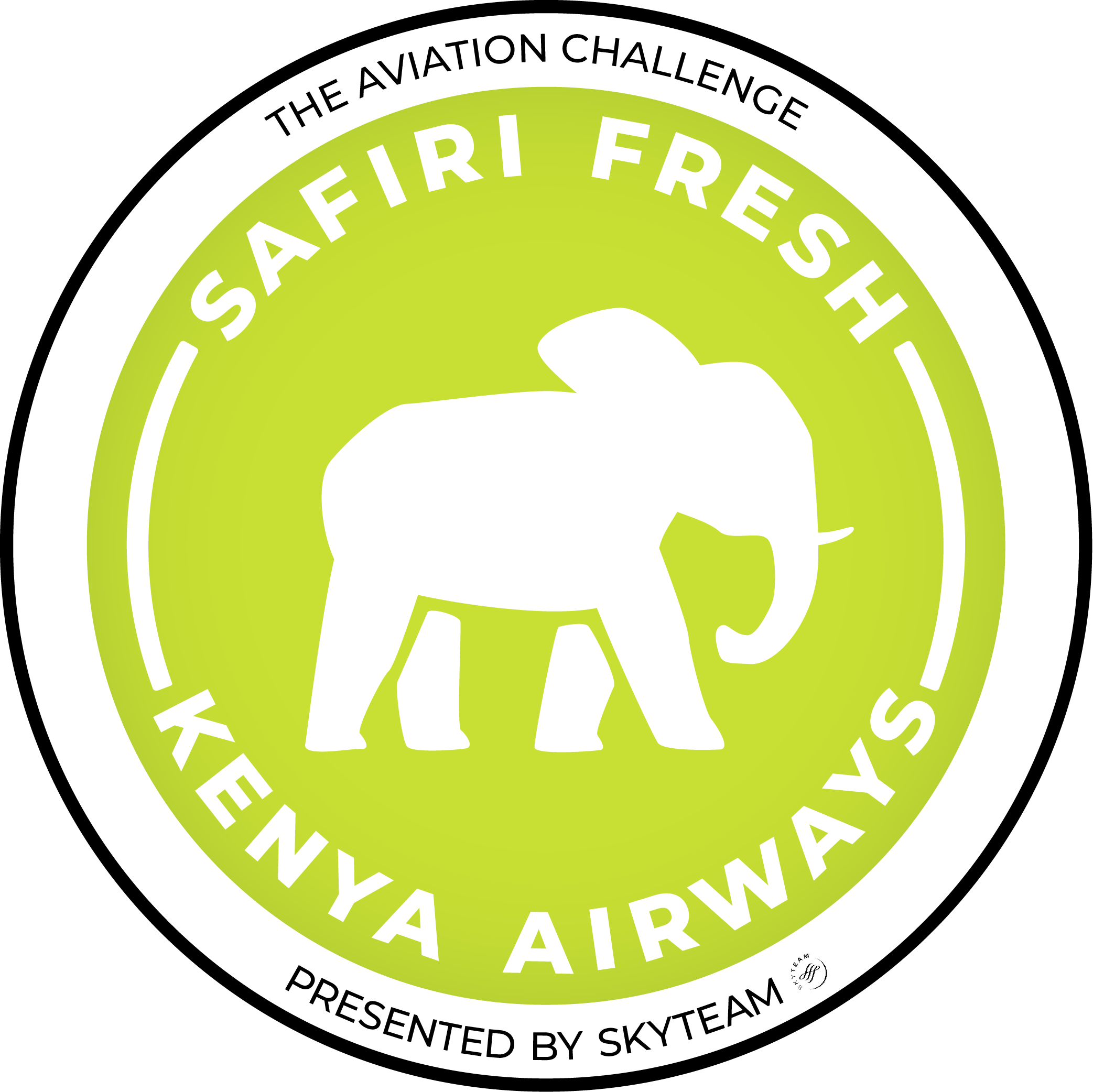The Aviation Challenge 2025
Our aim
At The Aviation Challenge, we aim to break down silos and foster openness around the sustainability challenges we face. By encouraging collaboration, shared learning and rewarding tangible, incremental operational gains, TAC strives to accelerate collective efforts to reduce the industry’s environmental footprint.
Curious to learn more about The Aviation Challenge?
Who can join The Aviation Challenge?
The Aviation Challenge(TAC) is expanding. Originally limited to SkyTeam member airlines, it now included non-SkyTeam airlines and. on a pilot basis, select airports. Future participation may extend to ground handlers, MROs, and other aviation stakeholders.
How to participate in The Aviation Challenge?
If your organization is interested in joining The Aviation Challenge, we'd be glad to explore the possibilities together with you. Please contact our Program Lead, Eric Kalali, via Eric.kalali@skyteam.com
What is the process?
• February: Official launch of the challenge year
• February-September: Working period during which participants develop, test and refine their initiatives
• September-October: TAC showcase flights are executed
• October-November: Data submission and expert evaluation
• December: Peer voting and jury consultation
• January 2026: Announcement of winners
What are the prerequisites?
• Commit to implementing at least one sustainability initiative
• Share measurable results and insights
• Support knowledge-sharing across the TAC community to inspire broader change
The Aviation Challenge 2025 Participants
In 2025, 22 airlines took part in The Aviation Challenge, including SkyTeam member airlines as well as non-alliance participants. Through the annual challenge, airlines challenged each other to deliver measurable impact by implementing and scaling operational efficiency improvements.
TAC 2025 Award Categories
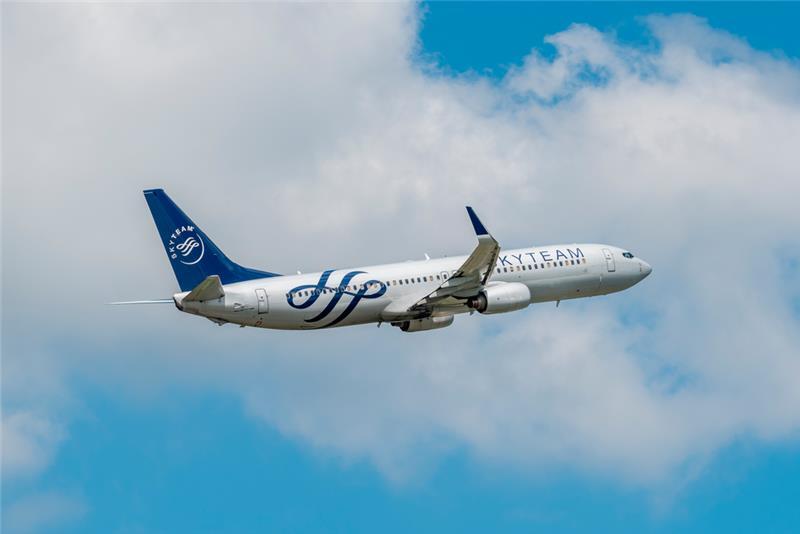
Most Impactful Solution - FlightOps

Most Impactful Solution - GroundOps
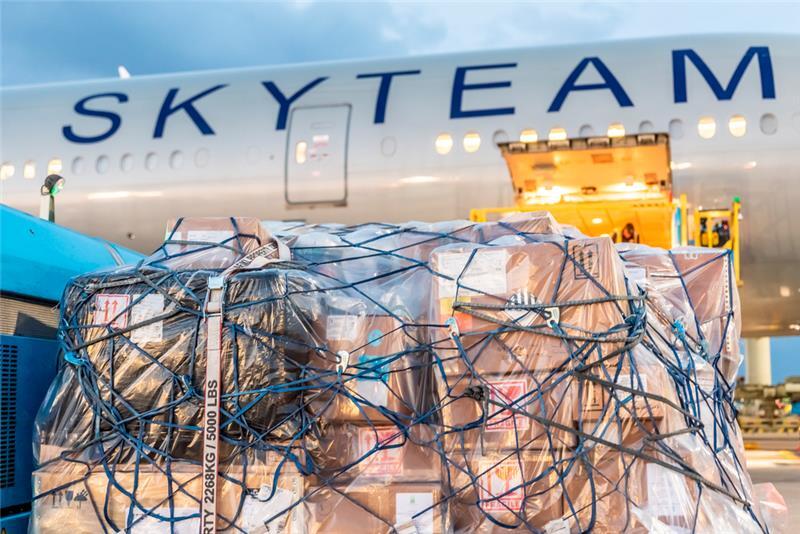
Most Impactful Solution - Cargo

Most Impactful Solution - Catering

Most Impactful Solution - Inflight Product
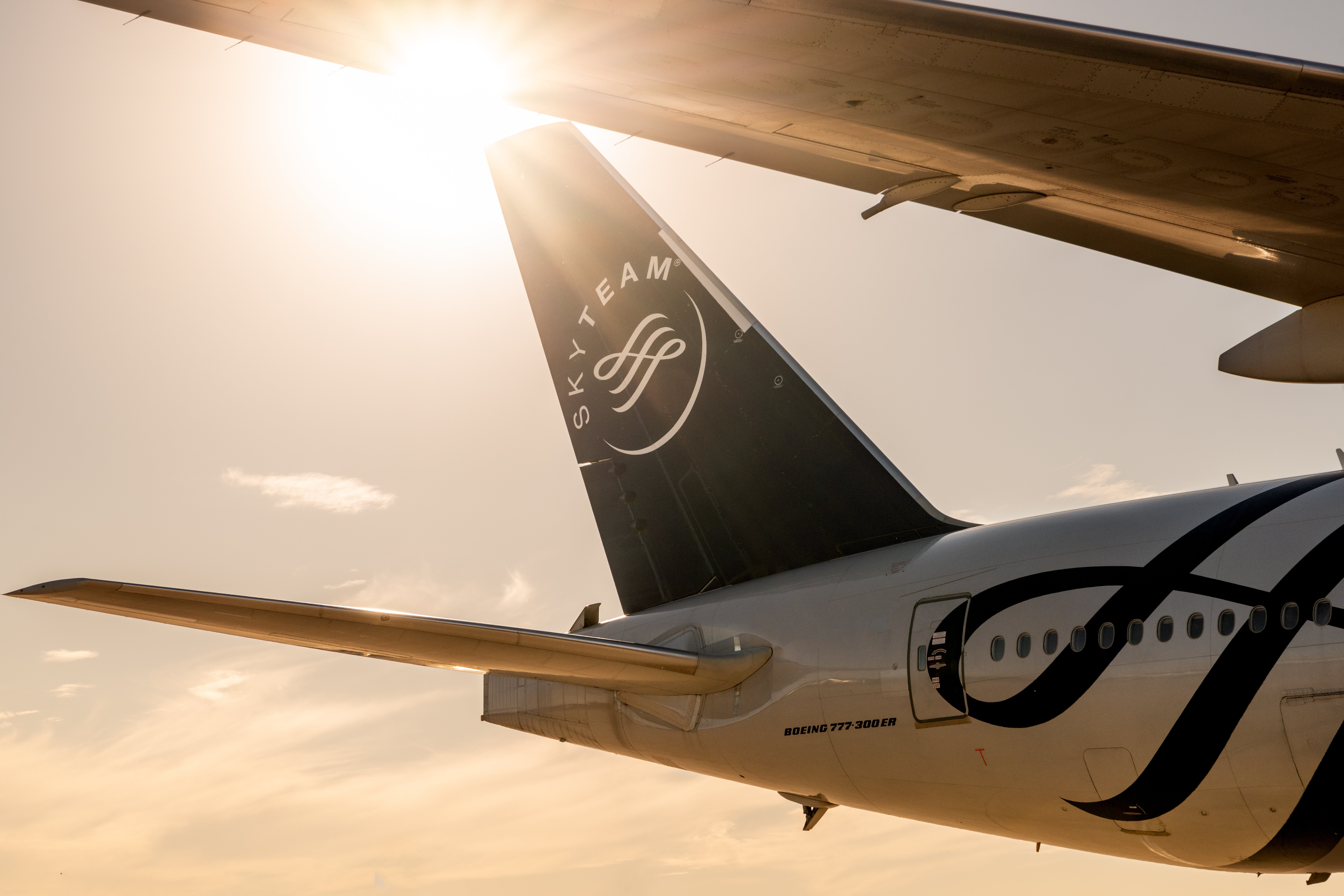
Best Showcase Flight

Best Knowledge-Sharing Contribution
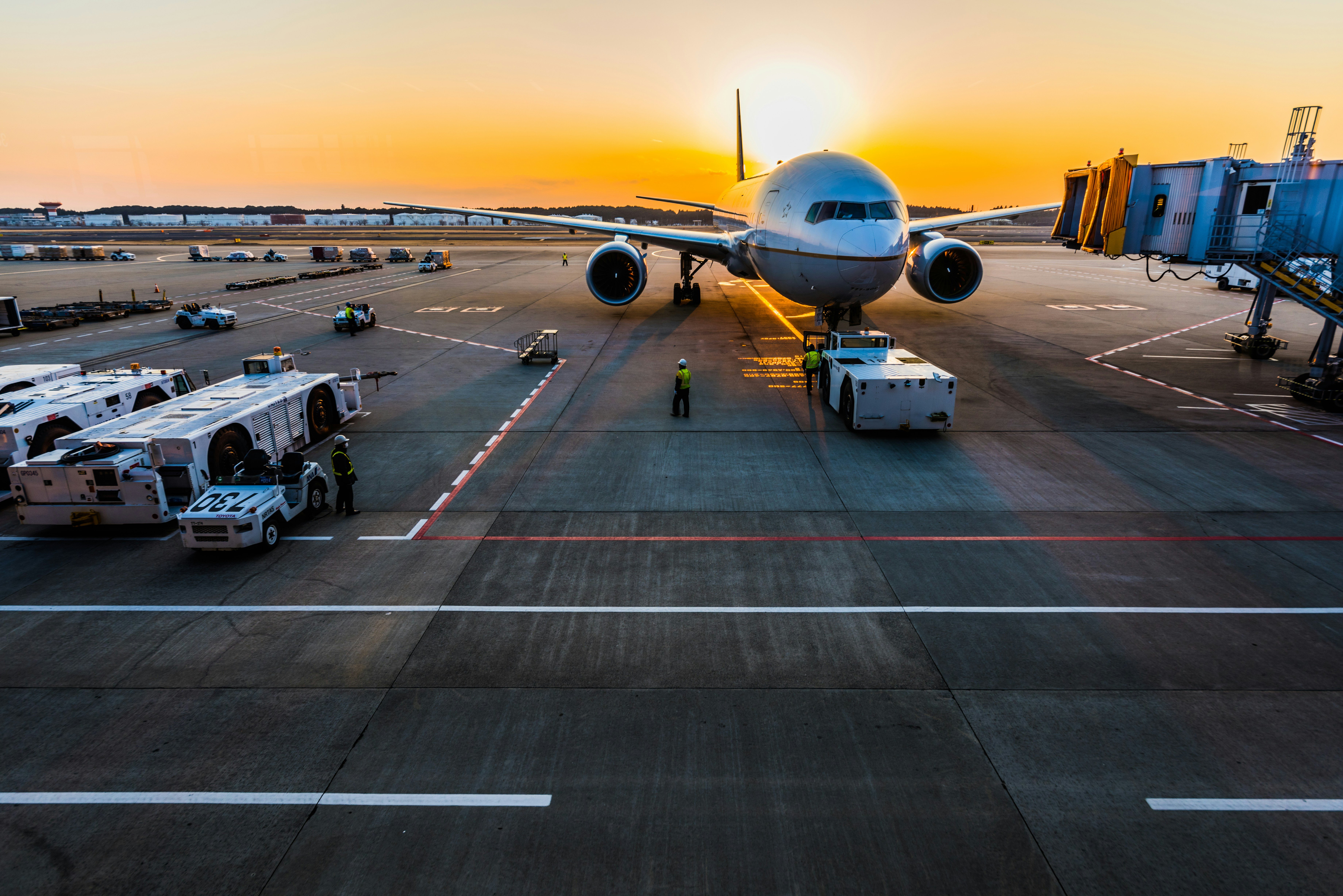
Most Compelling Story

Best In-Depth Article or Report

Game Changer of the Year

Team of the Year

Best Cross-Industry Collaboration
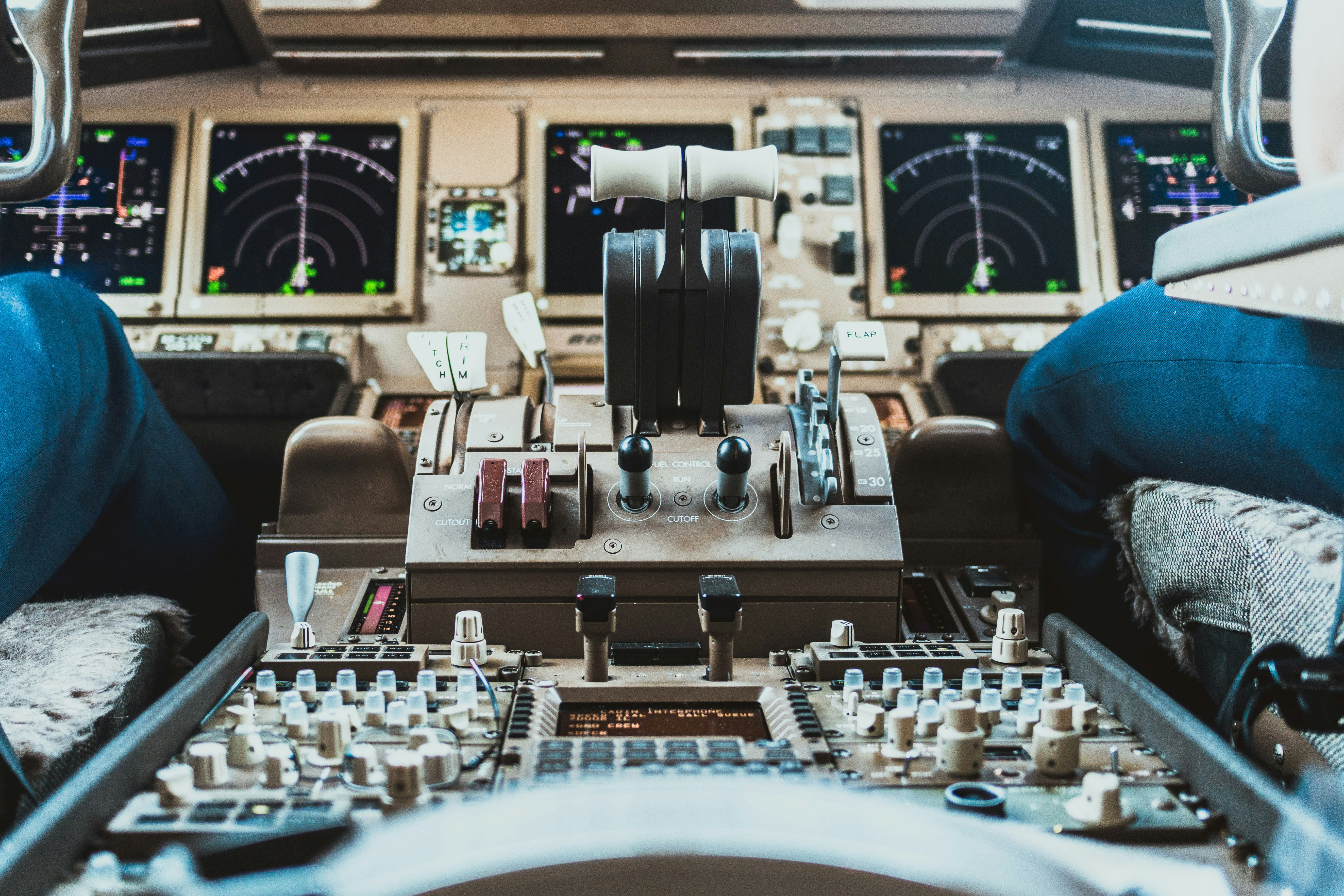
Pioneer of the Year
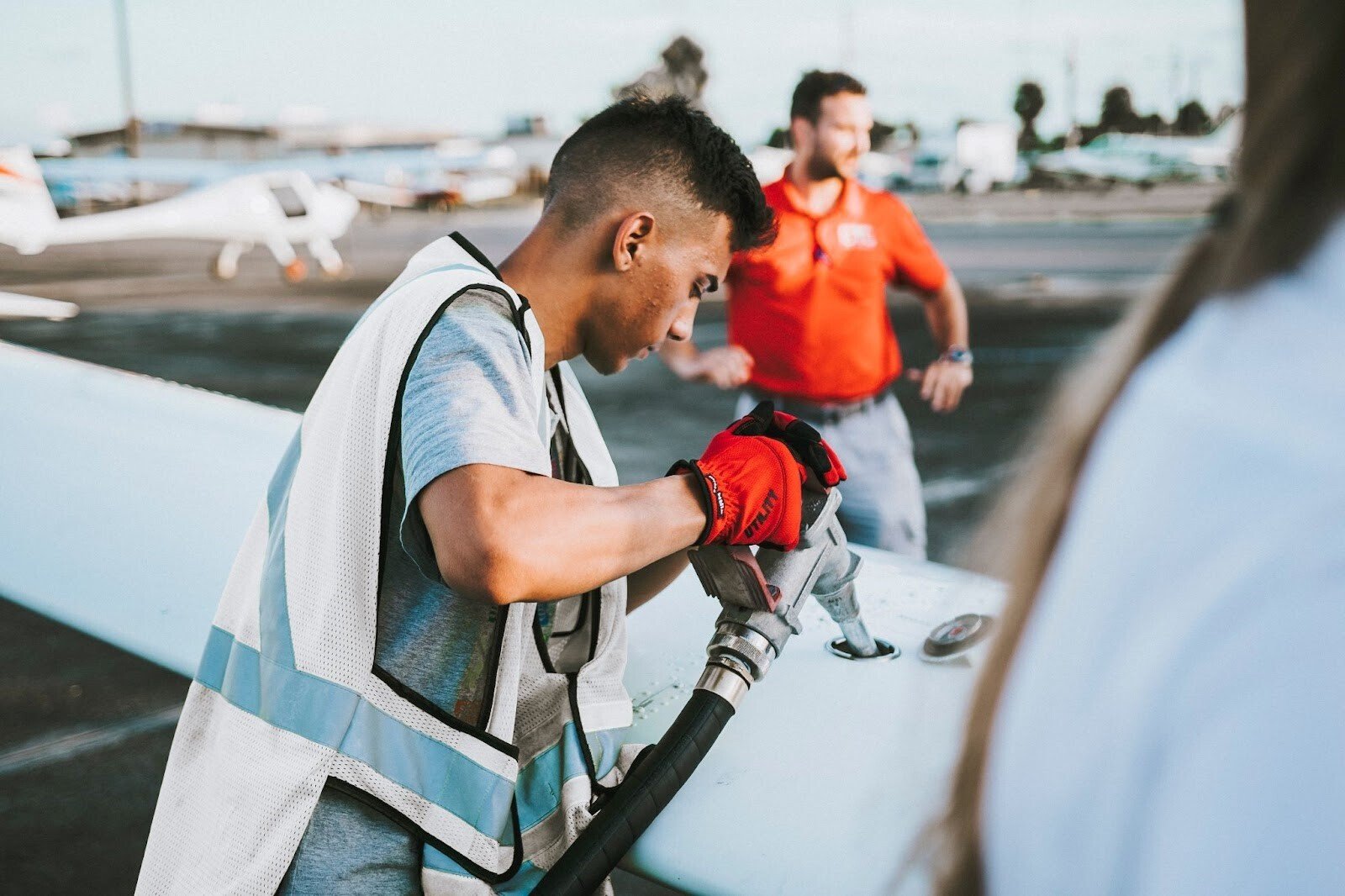
Excellence in Training and Development
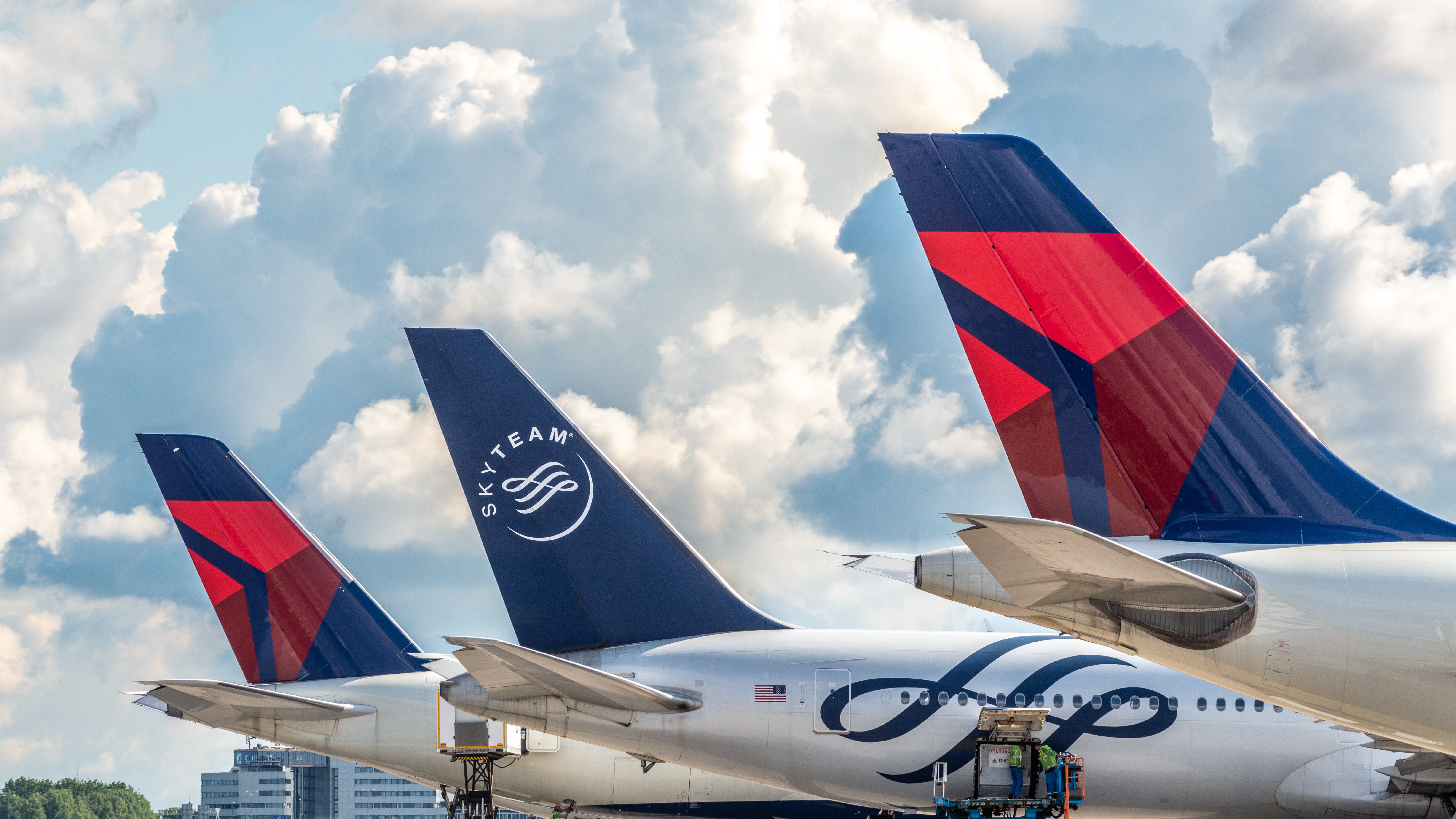
Transformational Impact Through SAF
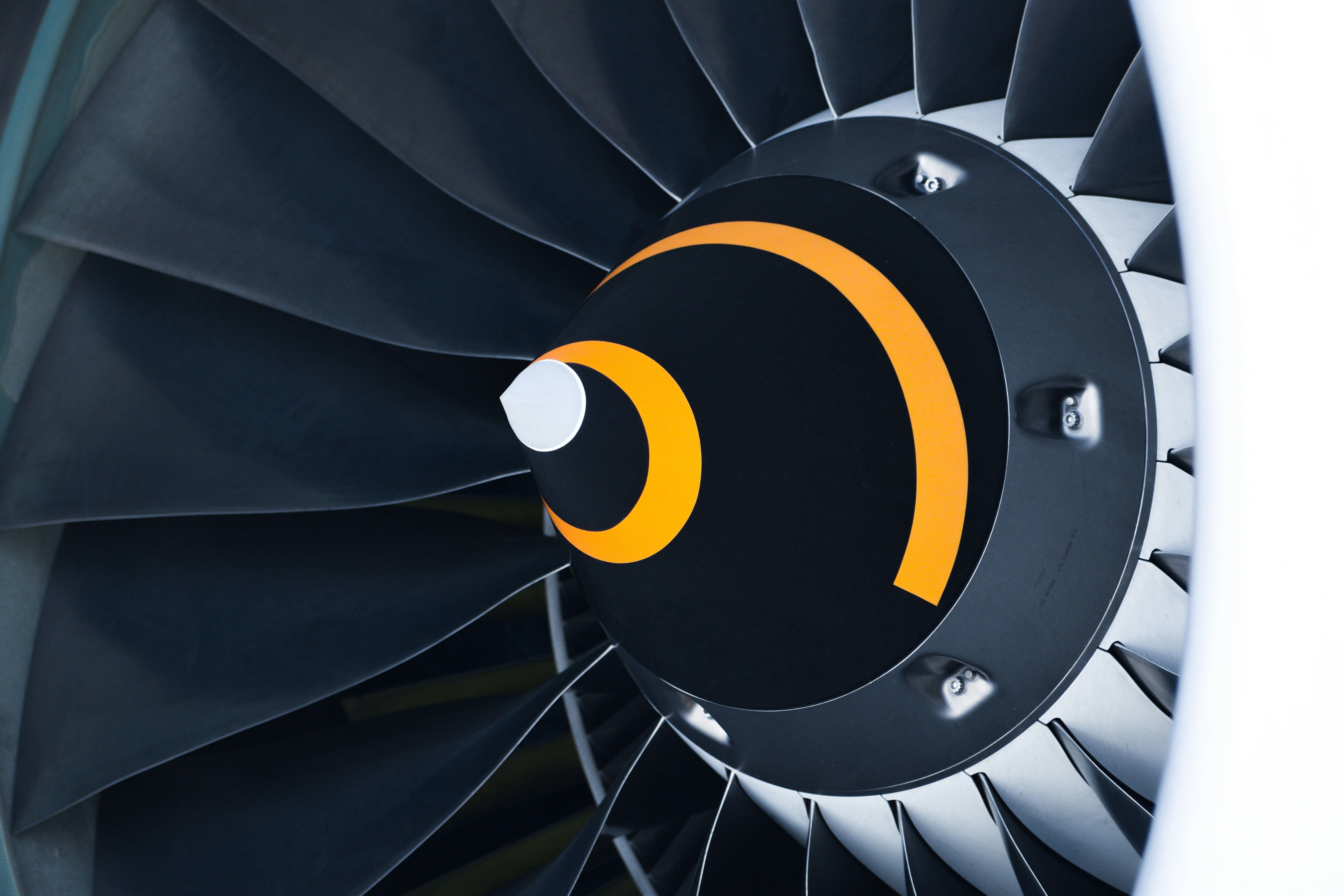
Sustainable Procurement and Supply Chain Excellence

Data and Insights Pioneer

Most Impactful Solution - MRO
.jpg)
2024 | Electrification of Ground Service Equipment
Air France has taken meaningful steps toward reducing its carbon footprint by transitioning its ground service equipment (GSE) from conventional fuel-powered models to electric alternatives. As of 2024, 70 percent of the GSE fleet operating in France is fully electrified. This initiative targets high-impact equipment categories, including: Aircraft tractors - used for aircraft pushback and towing Loaders and belt loaders - for efficient cargo and baggage handling Baggage tractors - for transporting luggage between the terminal and aircraft Ground power units (GPU) - supplying power to aircraft while parked Passenger stairs - enabling boarding and deboarding at remote stands without jet bridges This transition not only supports emissions reduction but also enhances ground operation efficiency and aligns with Air France’s broader sustainability commitments.
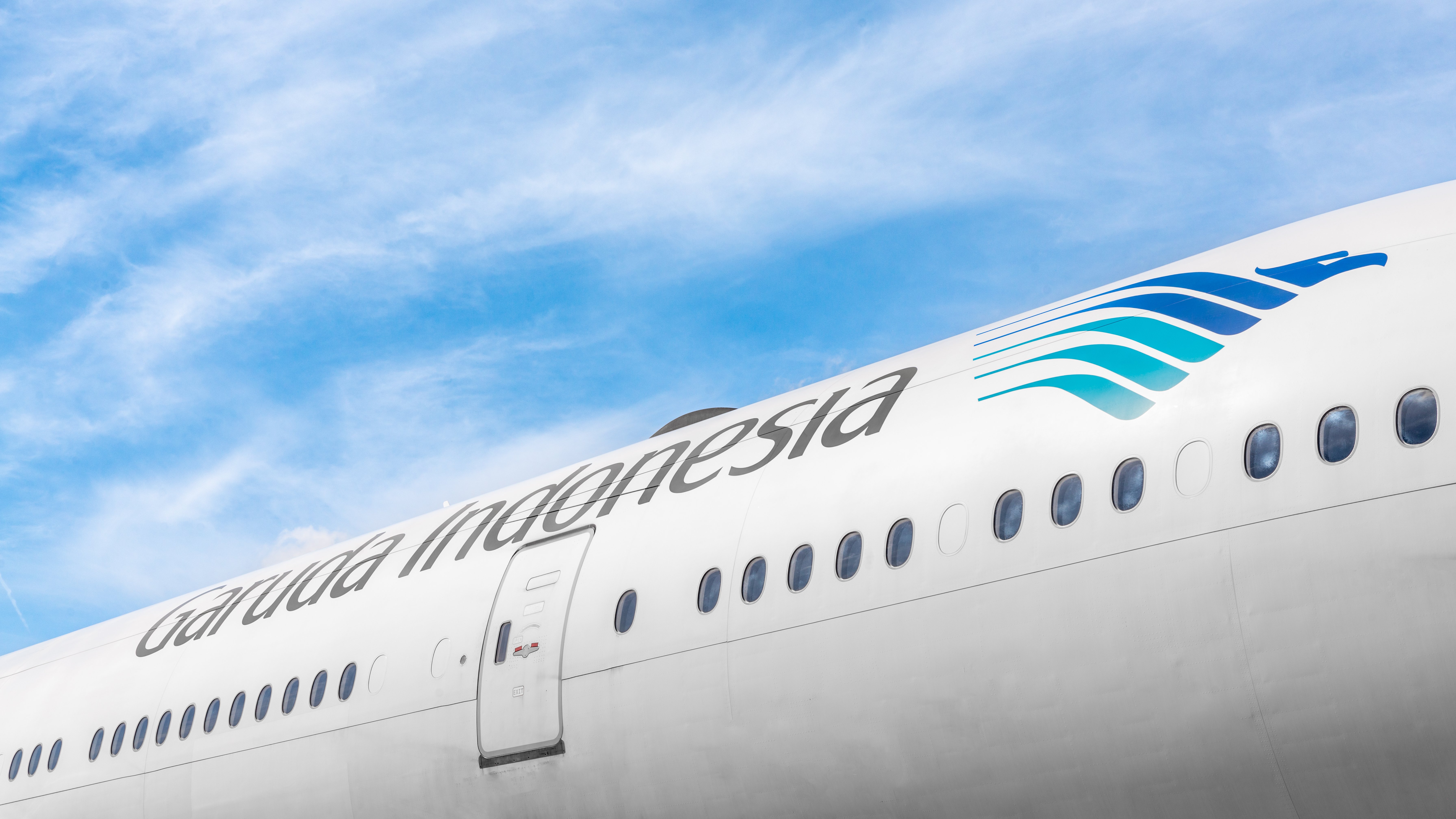
2024 | Zero Waste to Zero Emission
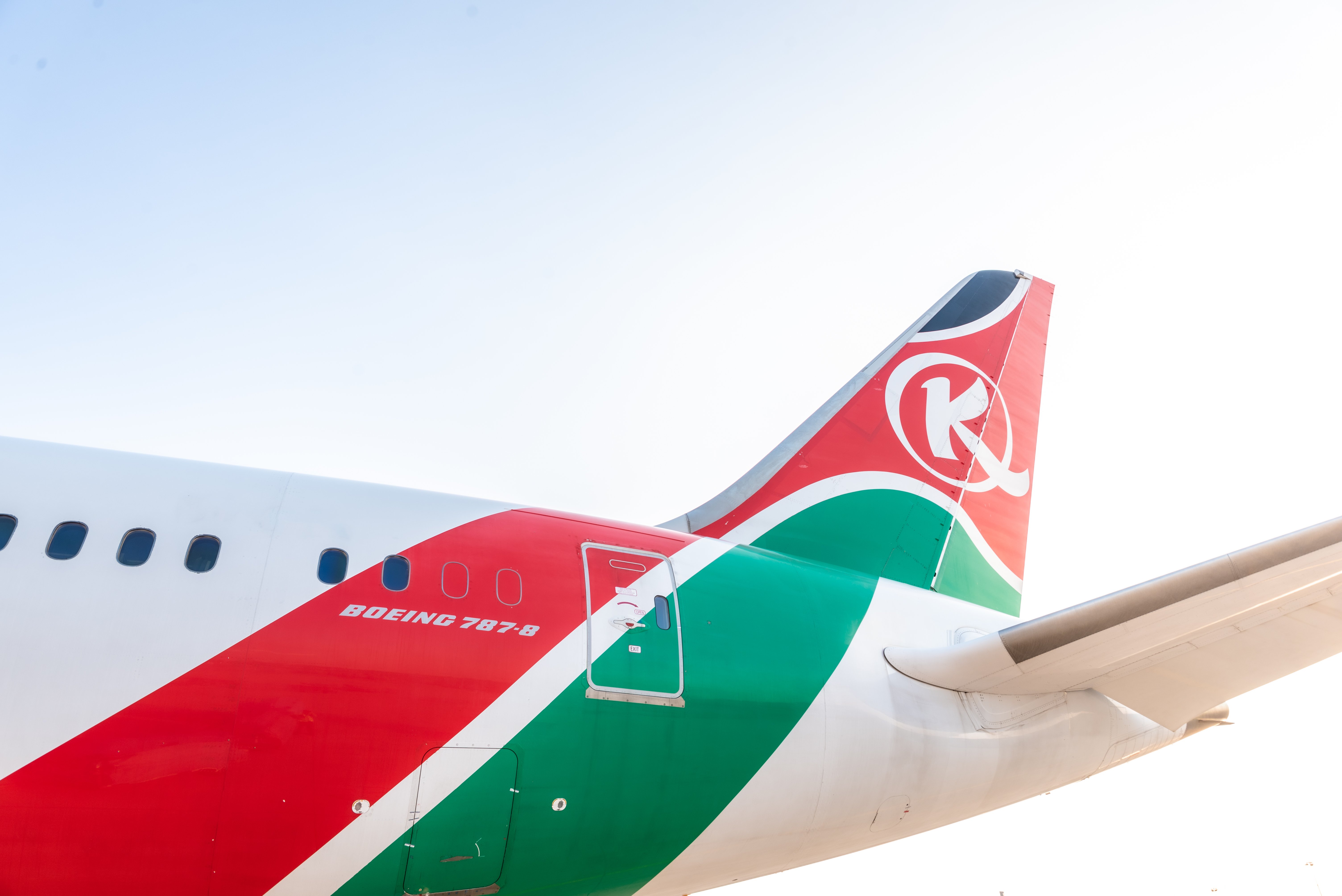
2024 | Traditional African Bread Baskets Replacing Single-Use Plastic
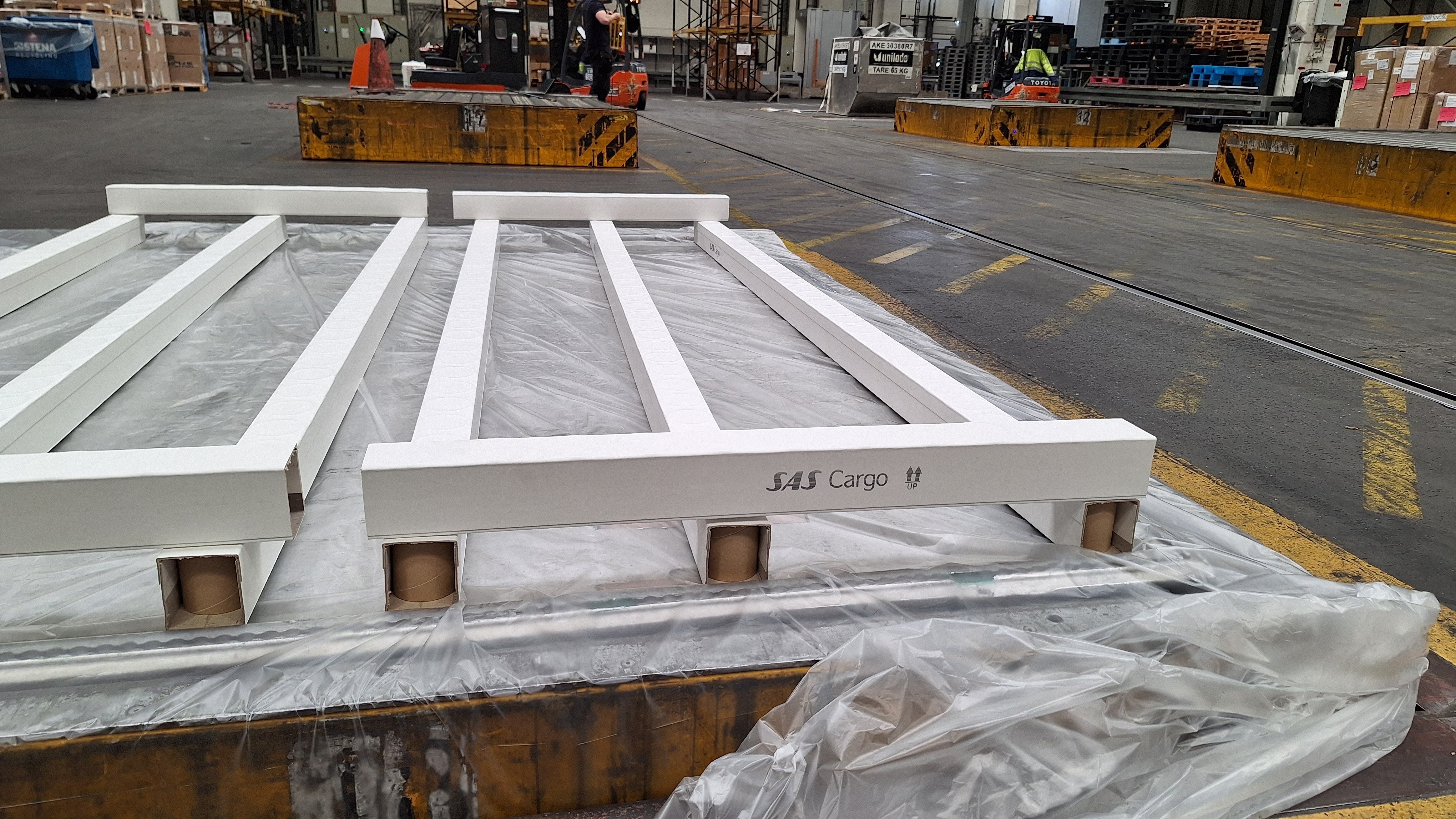
2024 | Recycled Cardboard Pallet Planks to Reduce Aviation Emissions
By introducing recyclable materials and optimizing logistics, Scandinavian Airlines (SAS) is taking tangible steps toward a more sustainable future. Aron Backström, SAS Vice President of Product and Loyalty, emphasized:
“As an airline, our primary goal is decarbonization, which involves making sustainable choices in fleet, fuel, and operations.”
Scandinavian Airlines (SAS) has introduced lightweight, recyclable cardboard support planks for cargo transport on its widebody aircraft. These planks improve cargo handling efficiency while reducing environmental impact. Because they weigh approximately 80 percent less than traditional wooden planks, they help lower the overall cargo weight, which leads to reduced fuel consumption and lower CO2 emissions.
For example, replacing a single 1-meter wooden plank with a cardboard alternative on a Copenhagen to Los Angeles (CPH to LAX) flight saves approximately 17 kilograms of CO2. In 2023 and 2024, this initiative helped SAS cut approximately 60,000 kilograms of CO2 emissions, with even greater savings expected in 2025.
In addition to fuel savings, these planks are made from recycled materials and can be reused multiple times before being recycled again as standard cardboard waste. Their lighter weight also makes them easier to handle, improving efficiency and reducing physical strain on cargo staff.
These planks are often less expensive than wood, increasing the incentive for airlines to adopt them. Unlike wooden planks, they do not require treatment against plant pests, making them compliant with ISPM 15 and IPPC regulations.
SAS initially tested these support planks on widebody flights departing from Copenhagen, a major hub for its long-haul operations. After seeing promising results, the airline is expanding their use to more flights as part of its broader commitment to sustainable aviation.
Development and Implementation of Cardboard Support Planks
To reduce aircraft weight and lower fuel consumption, SAS partnered with a supplier specializing in lightweight, recyclable cargo solutions. The cardboard planks are made from durable, recycled materials. Despite their lower weight, they have high load-bearing capacity and remain reliable even in wet conditions.
Several suppliers offer these planks. A quick search for “air cargo recyclable support planks” reveals providers who also offer other lightweight equipment, such as cardboard Euro pallets. These alternatives can also be used by cargo customers when building their own unit load device pallets.
Following the success of this solution, SAS is expanding the use of cardboard support planks across more flights. This supports its goal of making cargo transport more sustainable while also improving efficiency for ground staff.
By implementing measures like this, SAS continues to reduce its environmental footprint through practical, scalable innovations.

2024 | Local SAF Production to Reduce Aviation Emissions
.jpg)
2024 | Electrification of Ground Service Equipment
Air France has taken meaningful steps toward reducing its carbon footprint by transitioning its ground service equipment (GSE) from conventional fuel-powered models to electric alternatives. As of 2024, 70 percent of the GSE fleet operating in France is fully electrified. This initiative targets high-impact equipment categories, including: Aircraft tractors - used for aircraft pushback and towing Loaders and belt loaders - for efficient cargo and baggage handling Baggage tractors - for transporting luggage between the terminal and aircraft Ground power units (GPU) - supplying power to aircraft while parked Passenger stairs - enabling boarding and deboarding at remote stands without jet bridges This transition not only supports emissions reduction but also enhances ground operation efficiency and aligns with Air France’s broader sustainability commitments.

2024 | Zero Waste to Zero Emission

2024 | Traditional African Bread Baskets Replacing Single-Use Plastic

2024 | Recycled Cardboard Pallet Planks to Reduce Aviation Emissions
By introducing recyclable materials and optimizing logistics, Scandinavian Airlines (SAS) is taking tangible steps toward a more sustainable future. Aron Backström, SAS Vice President of Product and Loyalty, emphasized:
“As an airline, our primary goal is decarbonization, which involves making sustainable choices in fleet, fuel, and operations.”
Scandinavian Airlines (SAS) has introduced lightweight, recyclable cardboard support planks for cargo transport on its widebody aircraft. These planks improve cargo handling efficiency while reducing environmental impact. Because they weigh approximately 80 percent less than traditional wooden planks, they help lower the overall cargo weight, which leads to reduced fuel consumption and lower CO2 emissions.
For example, replacing a single 1-meter wooden plank with a cardboard alternative on a Copenhagen to Los Angeles (CPH to LAX) flight saves approximately 17 kilograms of CO2. In 2023 and 2024, this initiative helped SAS cut approximately 60,000 kilograms of CO2 emissions, with even greater savings expected in 2025.
In addition to fuel savings, these planks are made from recycled materials and can be reused multiple times before being recycled again as standard cardboard waste. Their lighter weight also makes them easier to handle, improving efficiency and reducing physical strain on cargo staff.
These planks are often less expensive than wood, increasing the incentive for airlines to adopt them. Unlike wooden planks, they do not require treatment against plant pests, making them compliant with ISPM 15 and IPPC regulations.
SAS initially tested these support planks on widebody flights departing from Copenhagen, a major hub for its long-haul operations. After seeing promising results, the airline is expanding their use to more flights as part of its broader commitment to sustainable aviation.
Development and Implementation of Cardboard Support Planks
To reduce aircraft weight and lower fuel consumption, SAS partnered with a supplier specializing in lightweight, recyclable cargo solutions. The cardboard planks are made from durable, recycled materials. Despite their lower weight, they have high load-bearing capacity and remain reliable even in wet conditions.
Several suppliers offer these planks. A quick search for “air cargo recyclable support planks” reveals providers who also offer other lightweight equipment, such as cardboard Euro pallets. These alternatives can also be used by cargo customers when building their own unit load device pallets.
Following the success of this solution, SAS is expanding the use of cardboard support planks across more flights. This supports its goal of making cargo transport more sustainable while also improving efficiency for ground staff.
By implementing measures like this, SAS continues to reduce its environmental footprint through practical, scalable innovations.

2024 | Local SAF Production to Reduce Aviation Emissions
.jpg)
2024 | Electrification of Ground Service Equipment
Air France has taken meaningful steps toward reducing its carbon footprint by transitioning its ground service equipment (GSE) from conventional fuel-powered models to electric alternatives. As of 2024, 70 percent of the GSE fleet operating in France is fully electrified. This initiative targets high-impact equipment categories, including: Aircraft tractors - used for aircraft pushback and towing Loaders and belt loaders - for efficient cargo and baggage handling Baggage tractors - for transporting luggage between the terminal and aircraft Ground power units (GPU) - supplying power to aircraft while parked Passenger stairs - enabling boarding and deboarding at remote stands without jet bridges This transition not only supports emissions reduction but also enhances ground operation efficiency and aligns with Air France’s broader sustainability commitments.

2024 | Zero Waste to Zero Emission





-02.png)


















